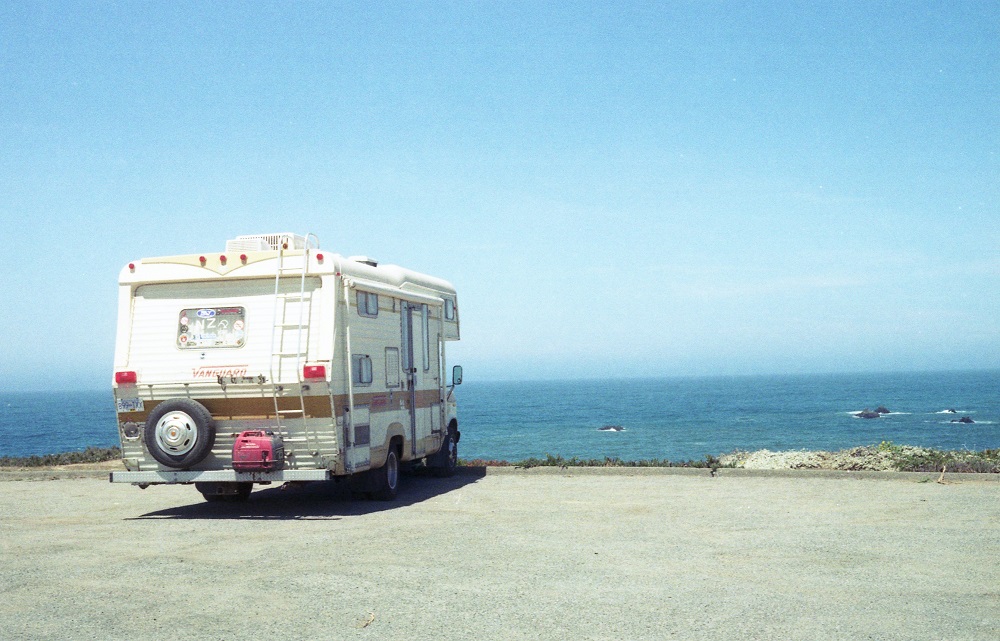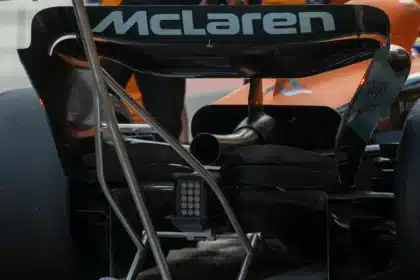 Photo: Kojiro Inui via Unsplash
Photo: Kojiro Inui via Unsplash
As we wrote about in May, the average new RV buyer earns more than 87 percent of American households. In other words, new RVs are really expensive — and yet, a lot of Americans are going camping in RVs anyway. One of the things making that possible is RV renting. Another is buying RVs used instead of new. If you’re planning to go the latter route, the following are four steps to help guide you through the process.
Pros & Cons: Should you buy a new or used RV?
If you’re new to the RV business, you’ll find it’s a lot different than shopping for your average vehicle. Learn about the types of RVs, the special license requirements, the difference between travel trailers and motorhomes, and RV weight ratings.
Connecting with existing RV owners via forums and message boards can also help you get a better understanding of the RV lifestyle and the types of issues you may encounter with specific models, particularly if they’re used.
We wouldn’t be here if RVs weren’t expensive. Whenever you buy anything that makes a big dent in your bank account, it’s a good idea to set a budget. When you’ve settled on an amount you’re willing to spend on an RV, deduct a few thousand dollars to invest toward repairs, upgrades, and RV lifestyle-related amenities or services. This is where doing your research to figure out exactly what you’ll need, and what you’ll want, comes in handy.
Once you’ve shopped around and found an RV that interests you, make sure you perform a very thorough assessment of its condition. RVs have a lot more features, not to mention nooks and crannies, than your average vehicle. Check that all of those features work, look for signs of damage, open all of the storage areas, put your nose to work, and ask for maintenance records. If it’s a motorhome, you’ll also need to check the powertrain.
Just as when buying a used car, you should test drive the RV (if it’s motorized, that is). Listen for strange noises and get a feel for the brake and suspension systems. Don’t try to do the same in a towable RV — it’s illegal to be inside of one while in motion. And no matter what, we recommend consulting a certified technician who can perform a thorough inspection of the unit.
Budget Friendly: Find an RV under $30,000
After buying the RV, go on a small maiden trip to a local campground. It will allow you to get acquainted with all of your RV’s quirks and uncover any potential issues you wouldn’t want to have encountered on a big trip far away from home. And remember to ask your fellow RVers for help if you need it. We’re friendly folk!
Kurt Verlin was born in France and lives in the United States. Throughout his life he was always told French was the language of romance, but it was English he fell in love with. He likes cats, music, cars, 30 Rock, Formula 1, and pretending to be a race car driver in simulators; but most of all, he just likes to write about it all. See more articles by Kurt.








